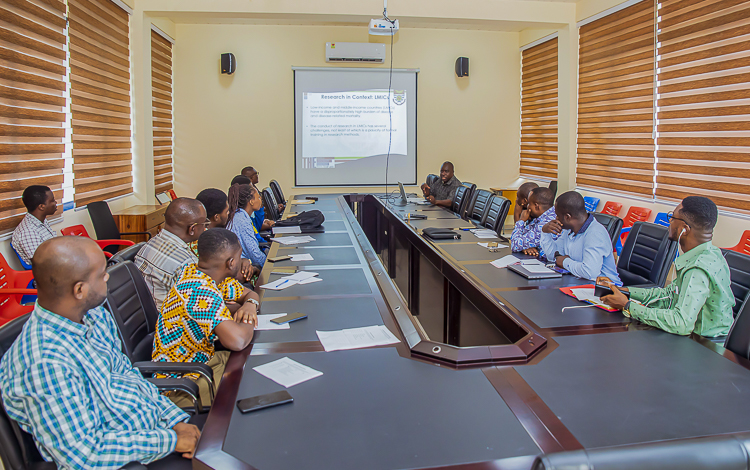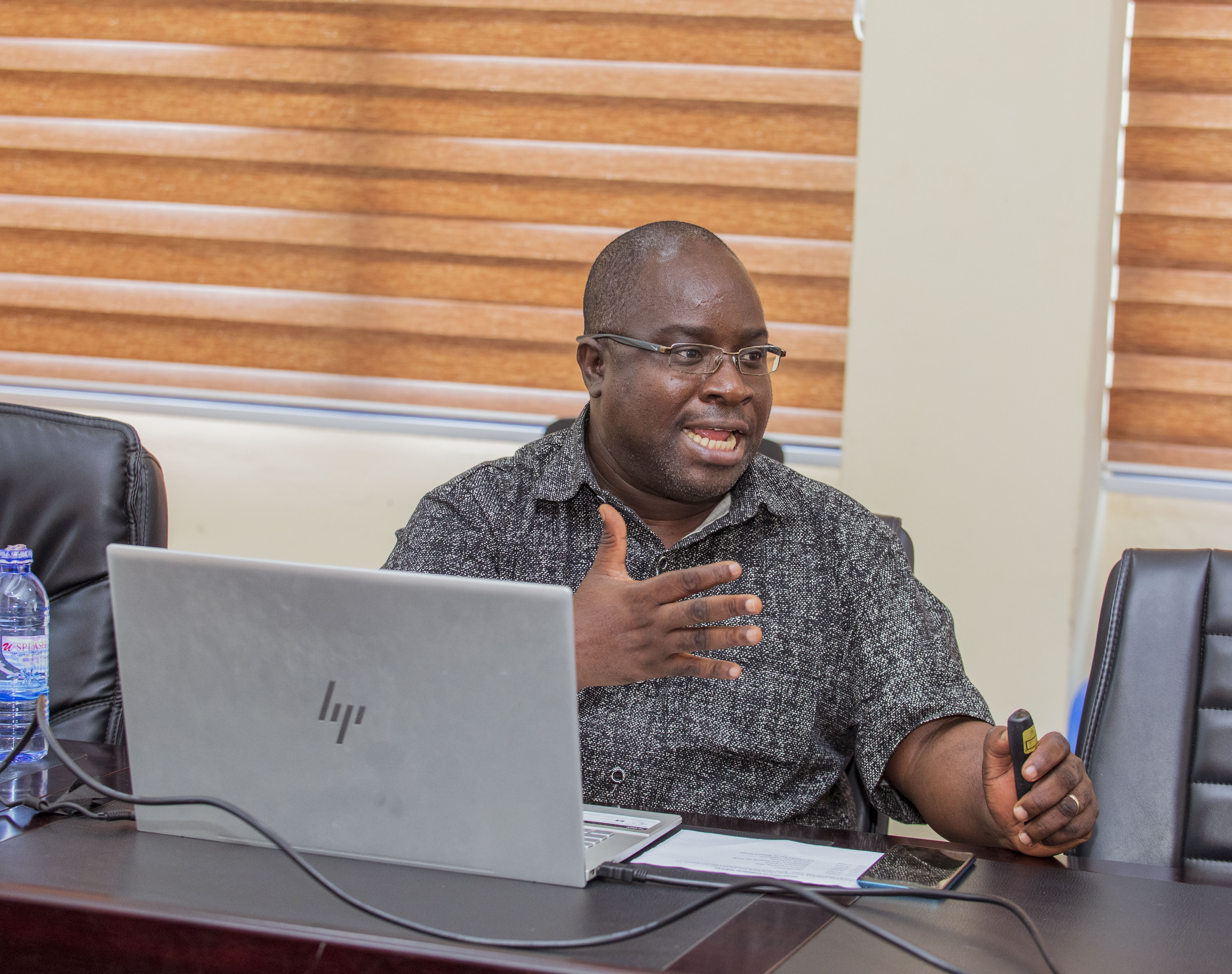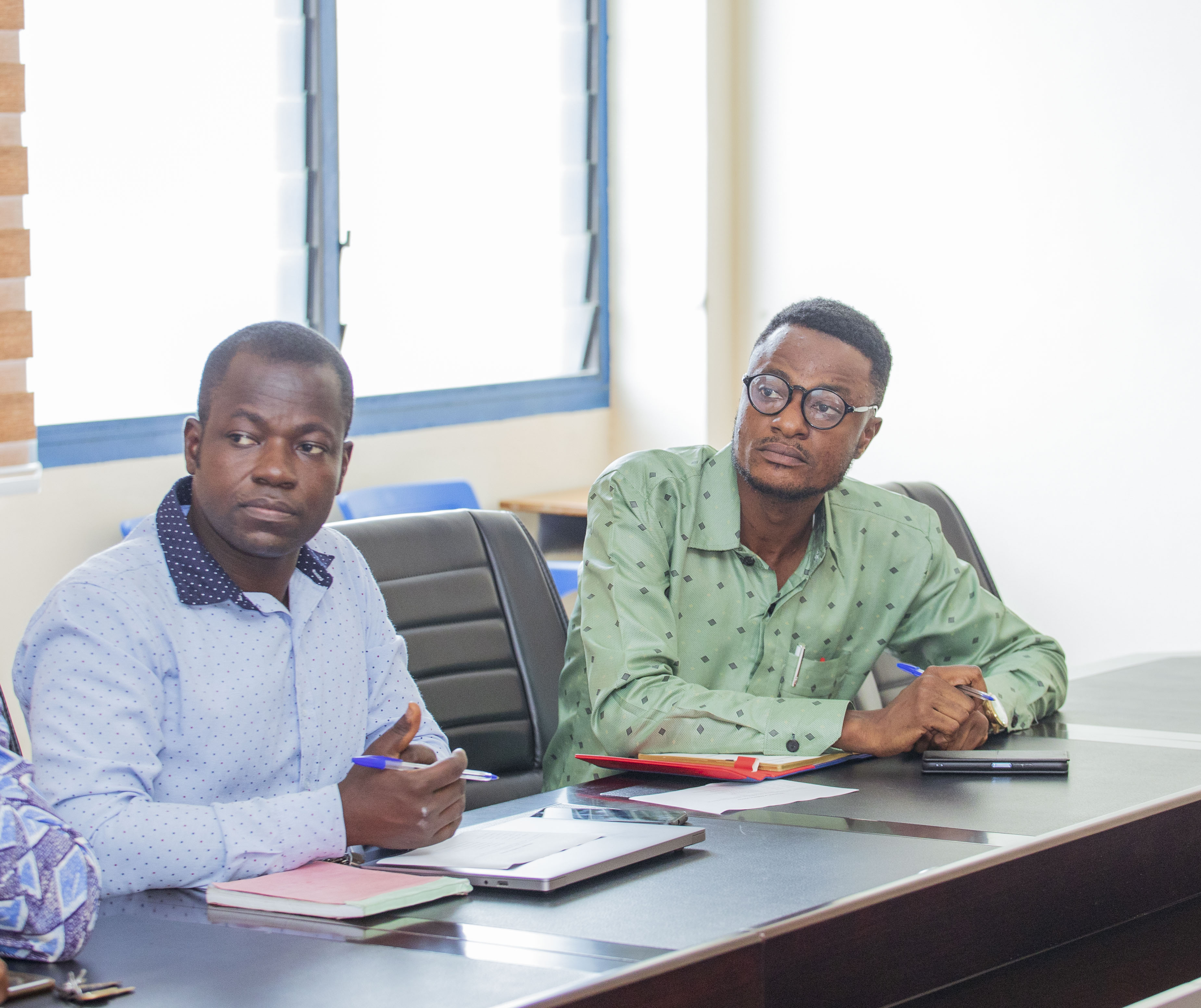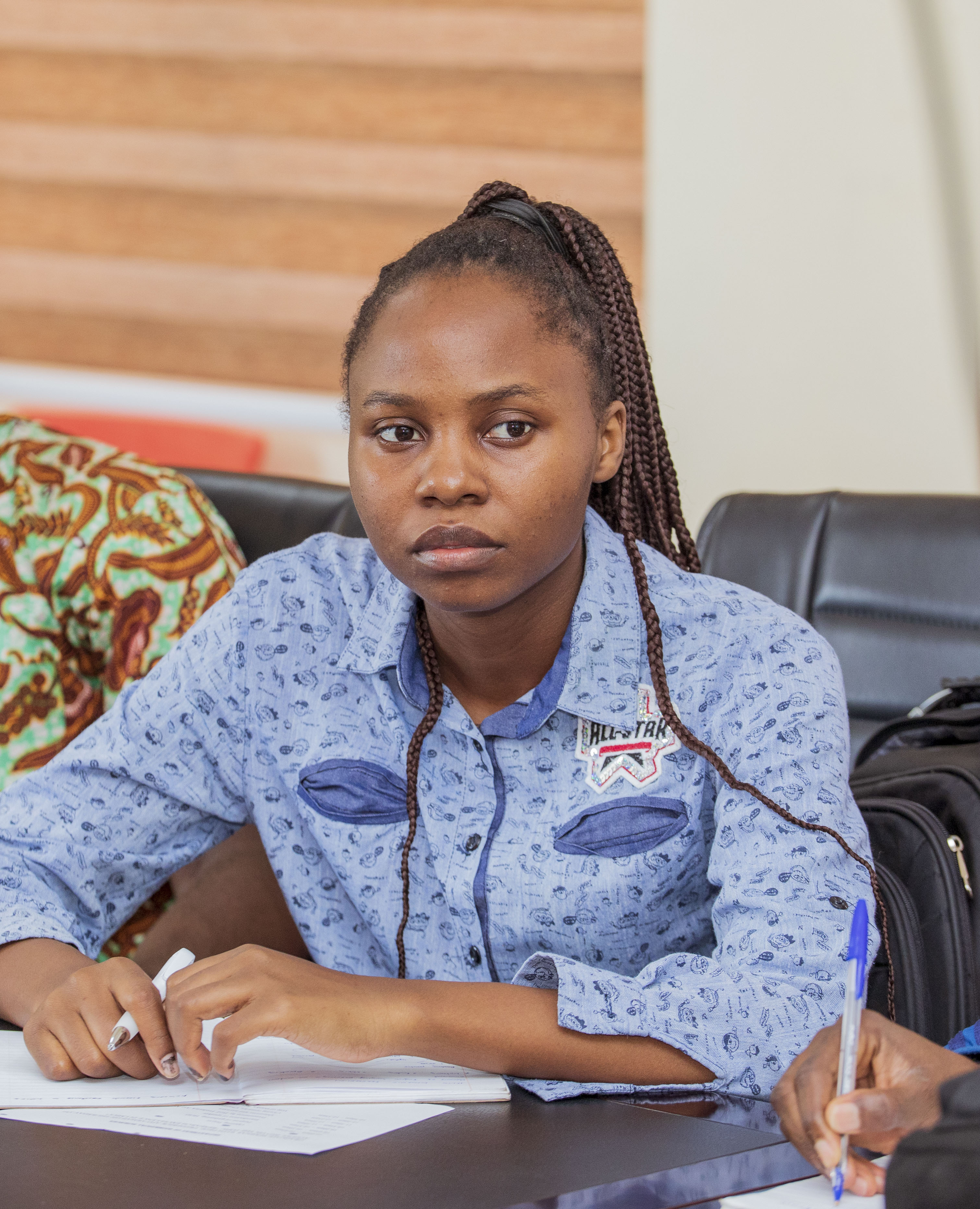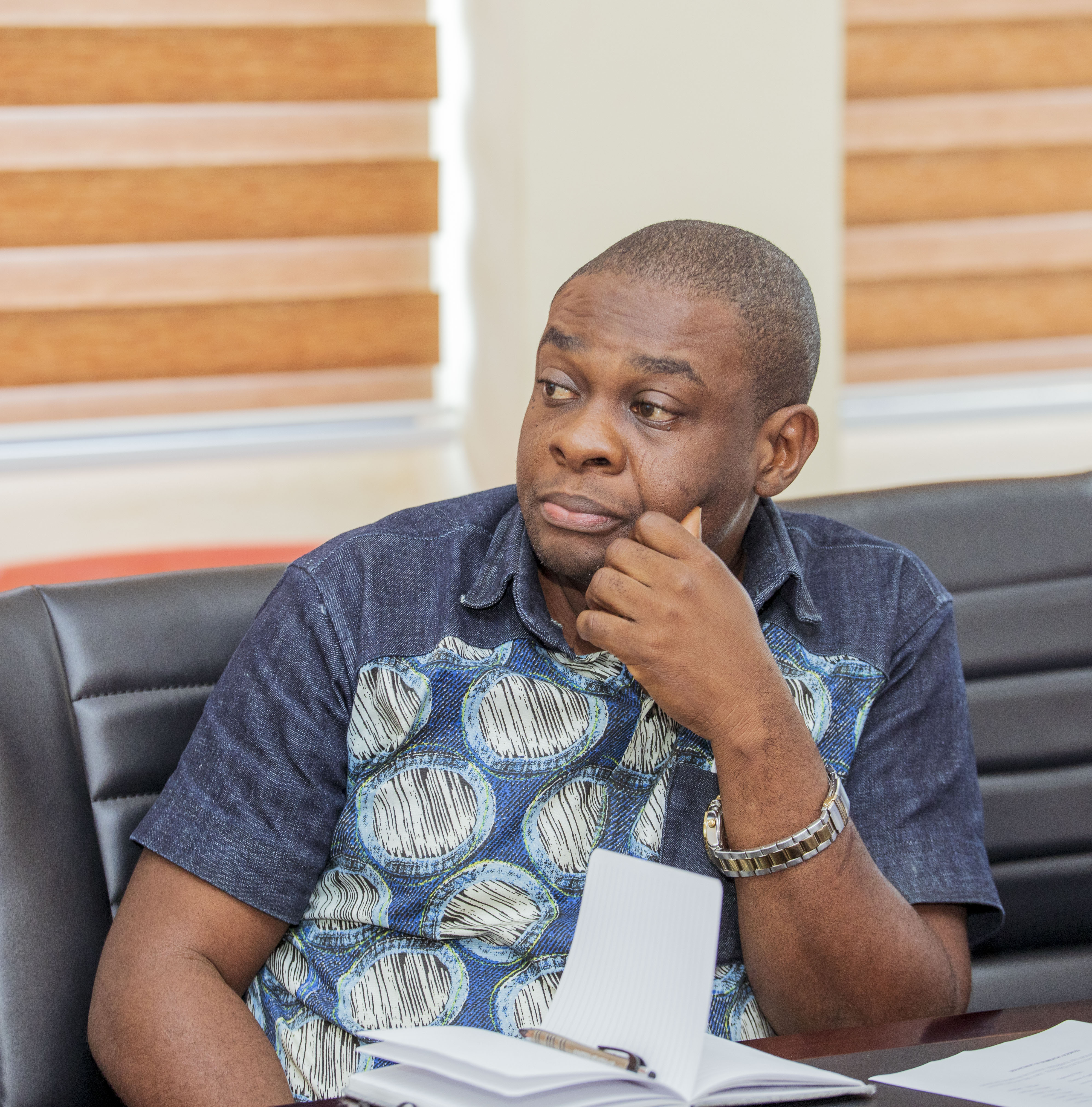Pro-Vice-Chancellor, Prof. George K. T. Oduro, has stressed the need to encourage the study and speaking of French in Ghana to enhance the country’s international image. He noted that “It is unfortunate that Ghana is surrounded by Francophone countries, but most Ghanaians have not taken advantage of the French language” The Pro-Vice-Chancellor made these remarks during the climax of the Golden Jubilee celebration of Centre International de Recherchés et d’Etude de Langues, Village du Benin (CIREL-VB) in Lome, Togo. CIREL-VB, established in July 1968, has been hosting Ghanaian students pursuing French in the University of Cape Coast, University of Education, Winneba and some Colleges of Education for immersion programme for the past 40 years. Students from CIREL-VB also undertake four-week English Language course in June and July at UCC during the long vacation. Impact of CIREL-VB to Institutions in Non-French Speaking Countries Prof. Oduro acknowledged the immense contributions of CIREL to meet the needs of non-French speaking sister countries across the continent. He expressed the gratitude of the Government of Ghana to CIREL for providing a congenial environment and a team of dedicated faculty and staff to meet the academic and social needs of Ghanaian students during their stay in Togo. He assured the Director General and the entire Management of CIREL-VB of its partner institutions’ continued collaboration in teaching and research to enhance opportunities for a successful integration of citizens the two sister countries Making reference to the long standing relationship between CIREL-VB and UCC spanning over four decades, Prof. Oduro noted that the collaboration has led to the successful training of more Ghanaian students serving the nation at various levels and positions where French language was an added advantage in their career development. Prof. Oduro said there had been research and exchange arrangements at the levels of faculties to facilitate collaborative research activities across our borders. “Such activities help to enhance the international image and outlook of our institutions, build and promote good neighbourliness for accelerated regional integration, economic and socio-political developments, peace and sustainable human security” he noted. The Pro-Vice-Chancellor said UCC was happy to be associated with the activities of CIREL-VB and thanked the Centre for selecting UCC to speak on behalf of sister institutions in Ghana working with CIRELYOU’RE “Your recognition is historically justified taking cognisance of the fact that these sister institutions trace their origin to the University of Cape Coast who mentored them at their inception” he stated. Prof. Oduro was accompanied by the Head, Department of French, Dr Mawuloe K. Kodah to represent UCC at the event. In his welcome address, the Director General of CIREL-VB, Professor Martin D. Gbénouga, expressed appreciation to all participants. He presented the historical journey of the Centre from its establishment in 1968 to present day. He paid glowing tributes to his predecessors for their immense contributions toward success story of the CIREL-VB. Professor Gbénouga also recognized the tremendous support of various partner institutions. Special mention was made of the Embassy of France in Lomé, Francophonie, The Canadian High Commission in Lomé, the Governments of Ghana and Nigeria who have, through diverse ways, kept faith with CIREL-VB over the years. Meeting with UCC students As part his visit, the Pro-Vice Chancellor and Dr. Kodah met UCC French students on the 2018/2019 Year Abroad programme at CIREL-VB. He encouraged them to be good ambassadors of UCC and Ghana during their stay in Togo. Prof Oduro also reminded the students of the need to remain focused on their goals and have faith in whatever they believe and profess, and they would be successful. He shared his own life-story to motivate them to aim high and be dedicated to the pursuit of honesty and fairness in what they do. On their part, they students were grateful to the Pro-Vice-Chancellor for interacting with them. They commended the Vice-Chancellor and Management for the good work they were doing to keep UCC stable for academic work to continue, in the wake of students’ in some universities in Ghana. Date of event: Friday, October 26, 2018


